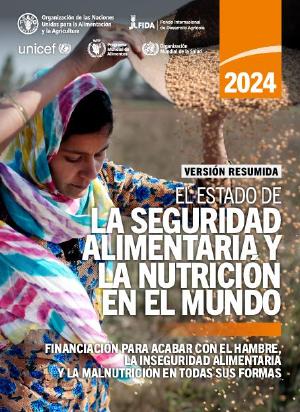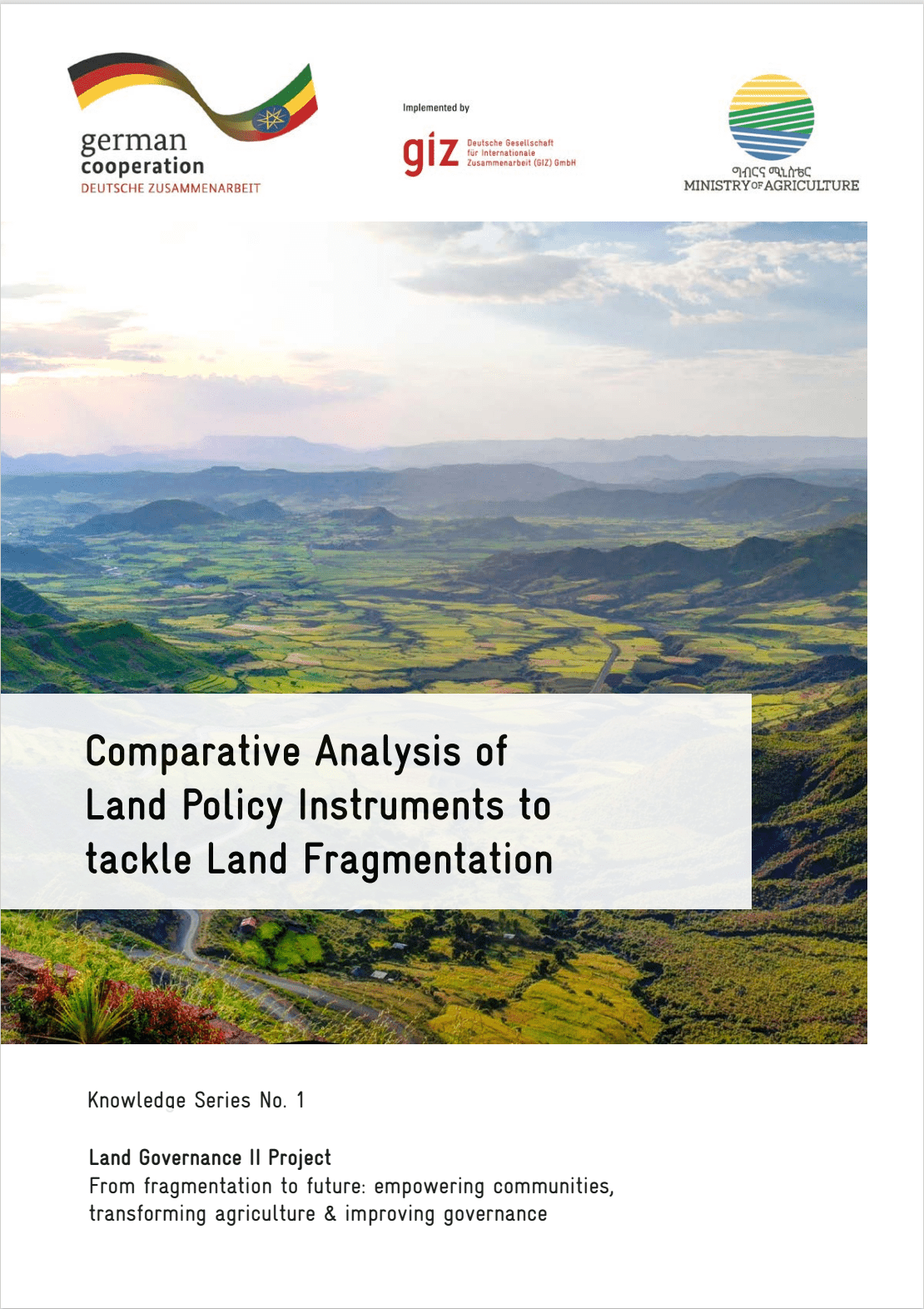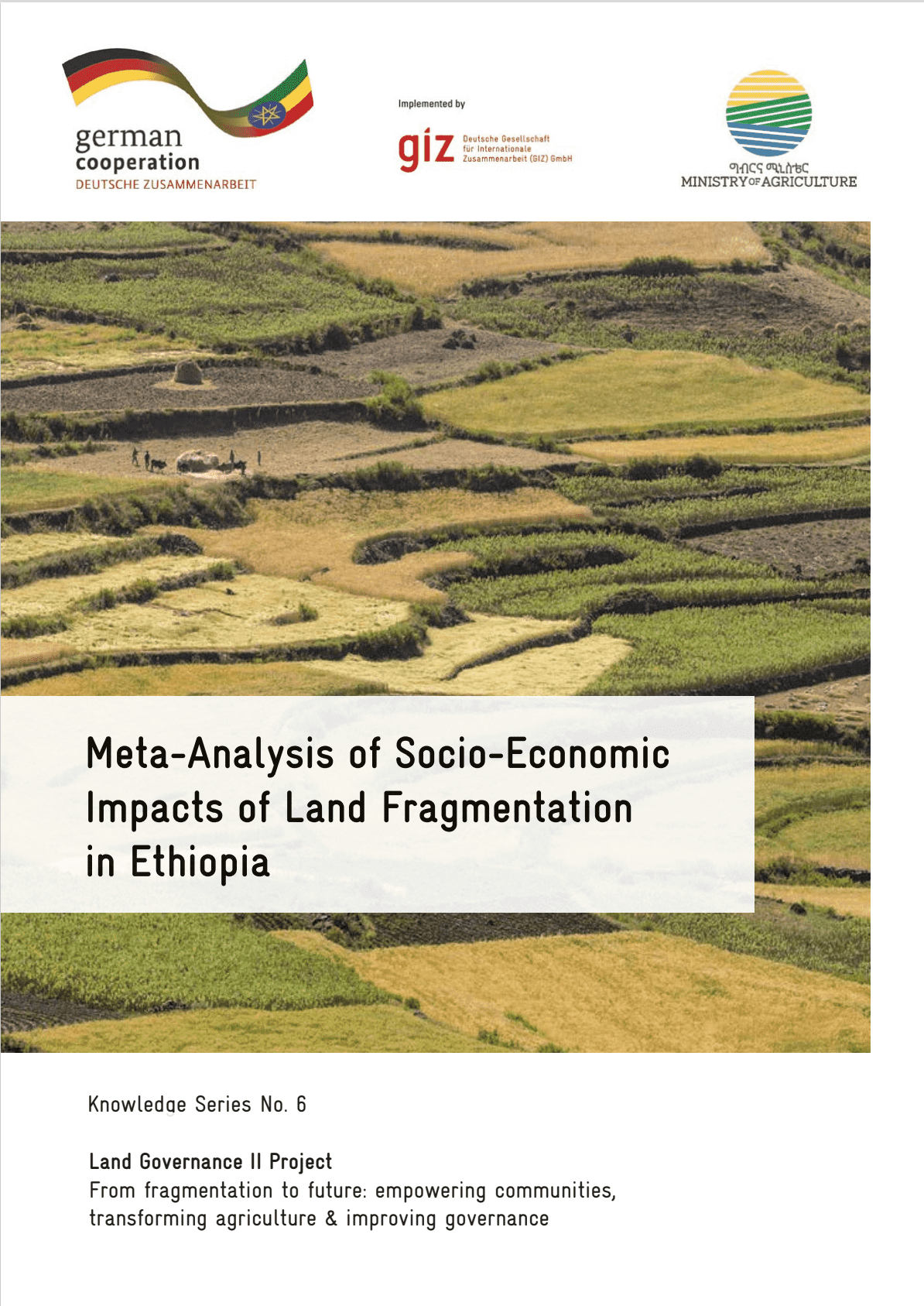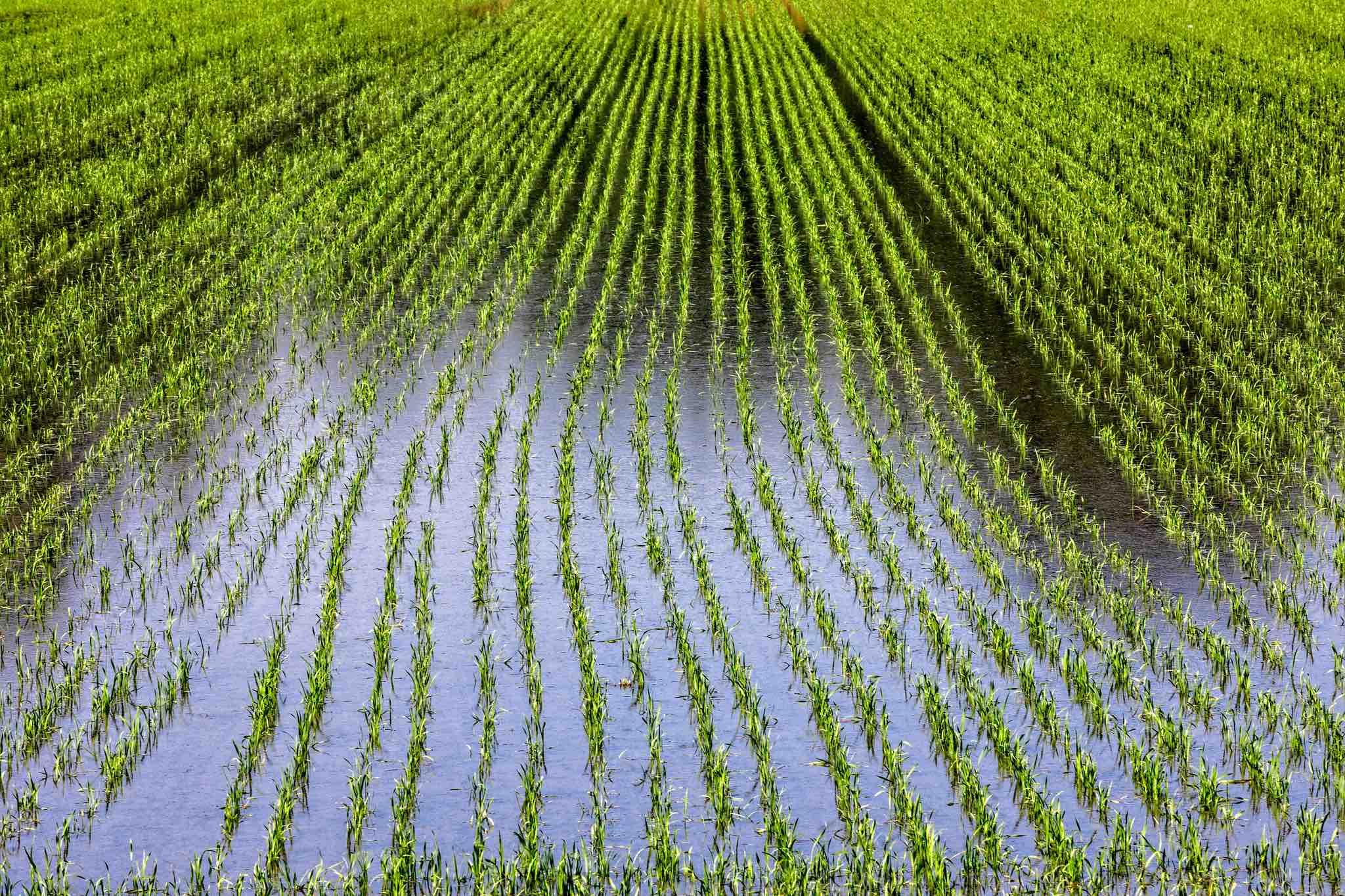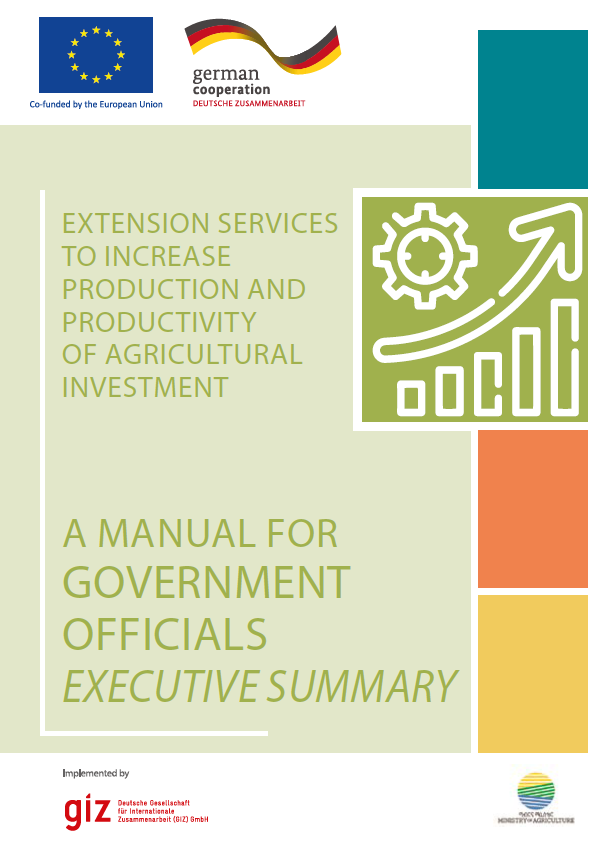Bilan spatialisé de la mise en valeur agricole au Sahara algérien
Les grandes exploitations agricoles créées dans le cadre de la loi de mise en valeur agricole de 1983 dans le Sahara algérien étaient vouées à une production céréalière sous pivot. L’objectif était de développer économiquement des régions sahariennes pour partie marginalisées, ainsi que de réduire la dépendance chronique en céréales du pays. L’État a considérablement investi pour équiper ces exploitations agricoles dans le cadre d’un vaste plan de développement rural. Mais trente ans après la parution de la loi, les réalisations demeurent limitées au regard des objectifs initiaux.


